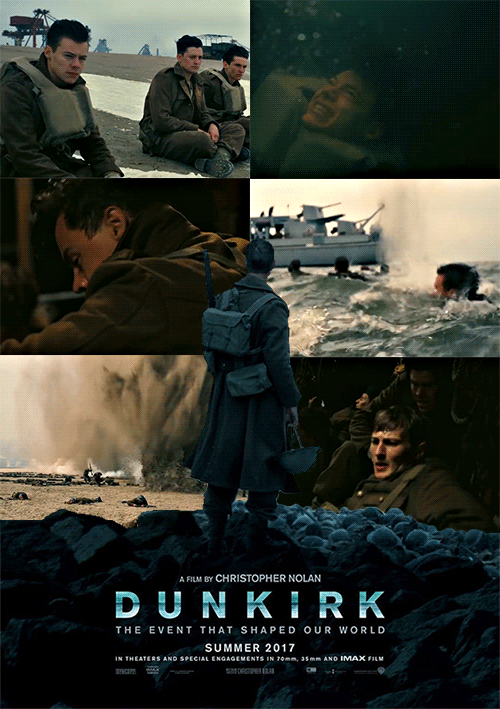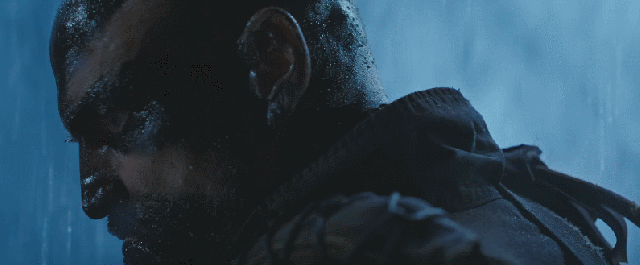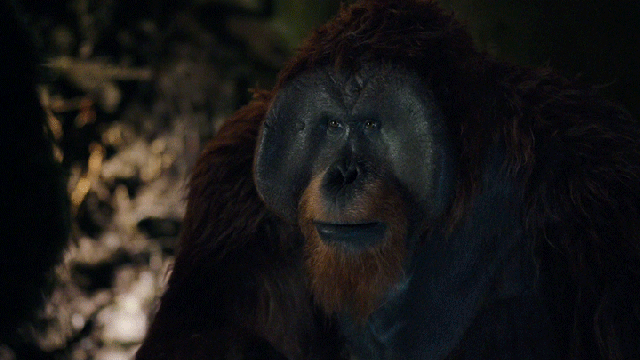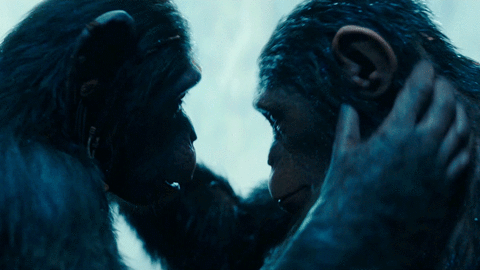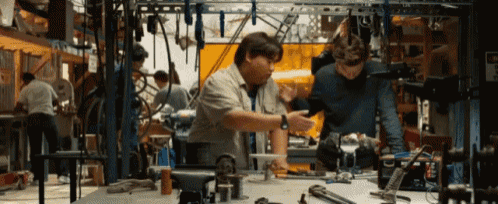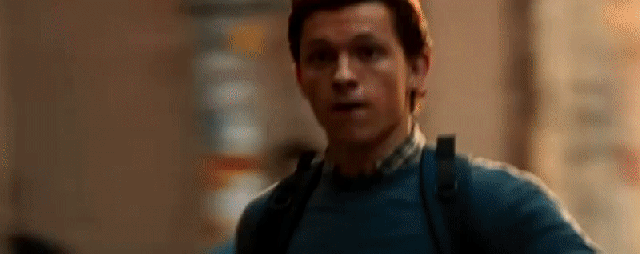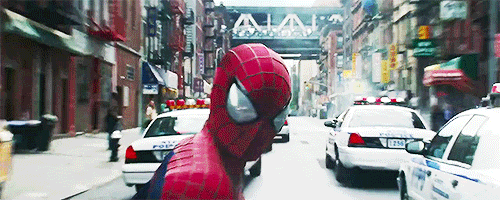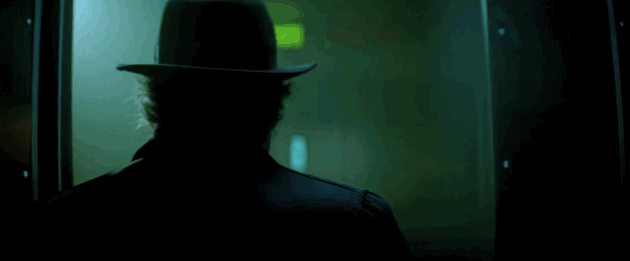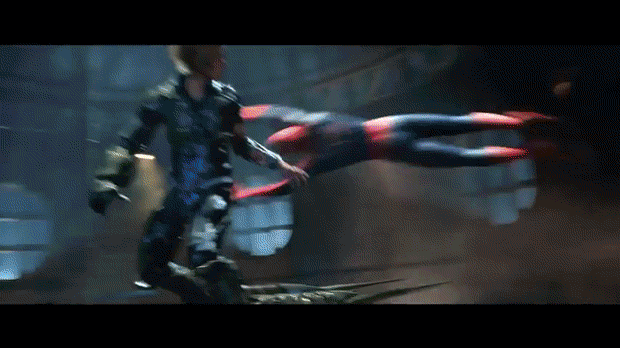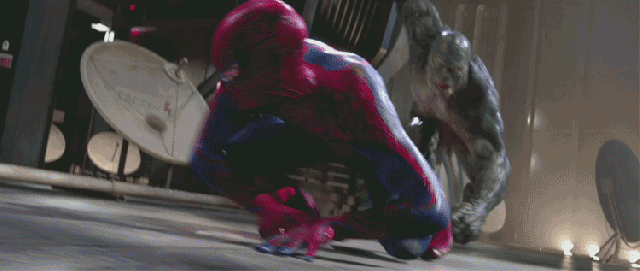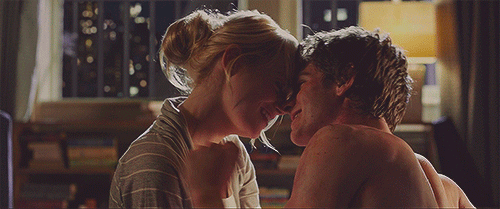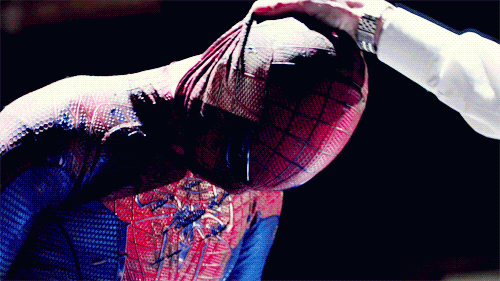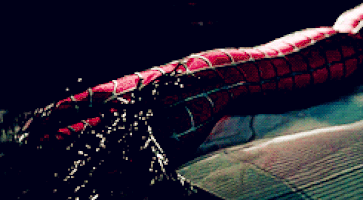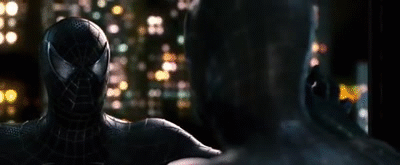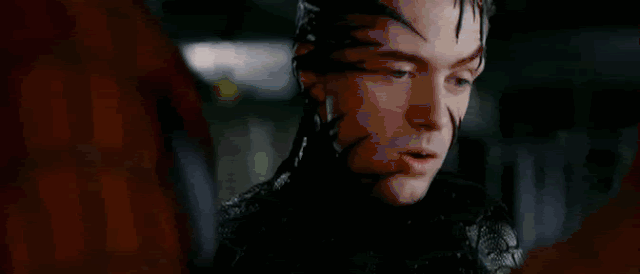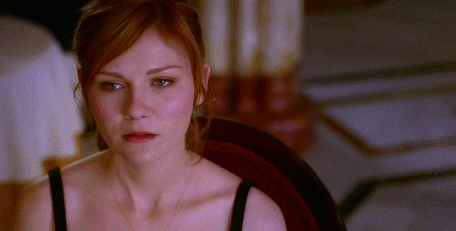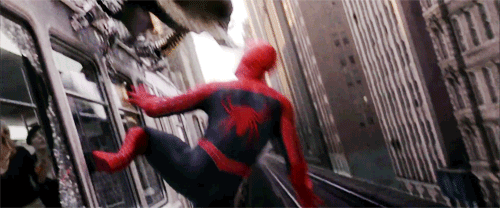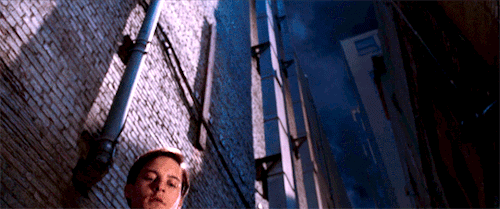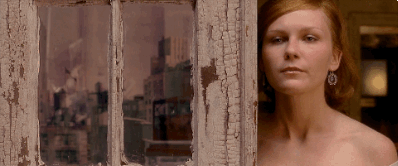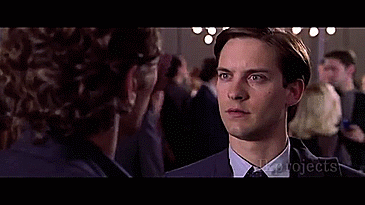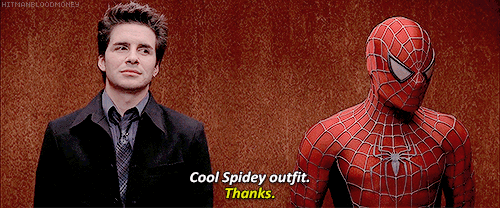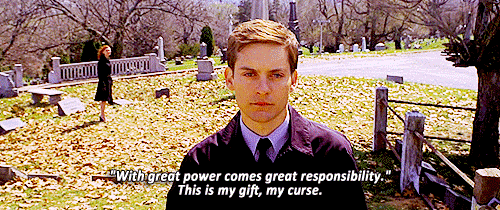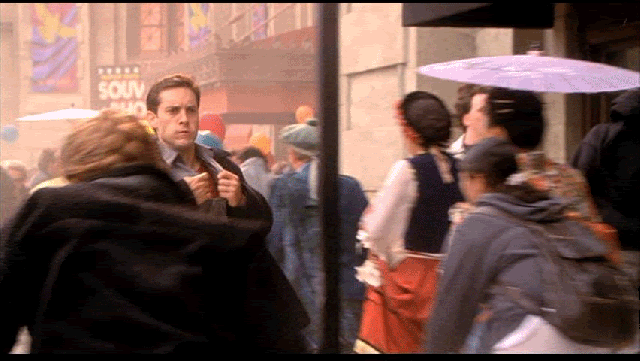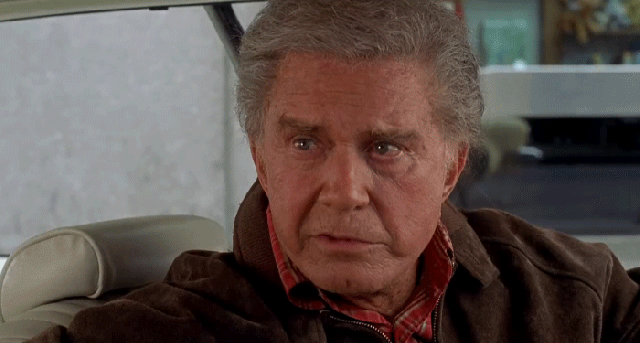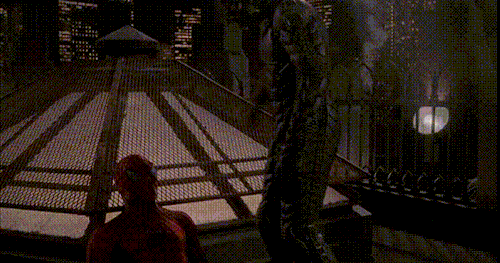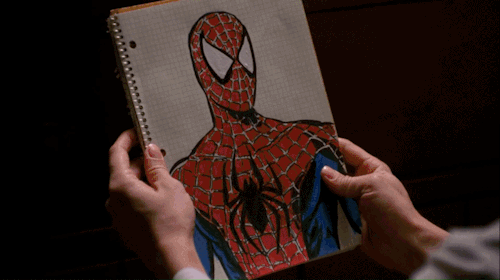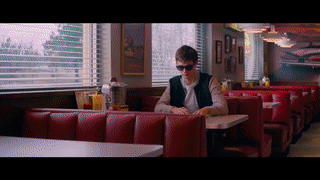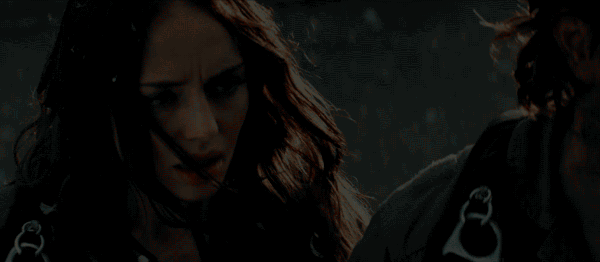1940. The Nazi occupation of France has forced the Allies into a full-scale retreat, and now 400,000 British troops find themselves on the beaches of Dunkirk, France, trapped between the advancing enemy and the English Channel. With the Royal Navy and those stranded under equally relentless attack by the Luftwaffe, it falls to everyday sailors and fishermen to mount a desperate rescue mission, with their only defence being a small squadron of RAF Spitfires.

They’re calling this Nolan’s masterpiece. They say this is the film he’s been working towards all this time, the feature at the end of a road that’s wound its way from LA to Gotham, from dream worlds to wormholes. To be sure, there is this certain aura of ‘sum total’ to Dunkirk, a sense of Nolan having cherry-picked the tried-and-tested gems of his filmography to date and conflating them into this 1hr, 45min experience that is the visual definition of relentlessness. Masterpiece is an unreliable word to throw about without the benefit of hindsight, but masterful? That’s a word that sticks in an instant. Dunkirk is the epitome of every lesson Nolan has learned about himself as a director, from his almost-signature playfulness with time and linearity to Hans Zimmer’s pulse-pounding score, to the bounteous potential and dividends of shooting in IMAX, to even his casting choices. The result: Dunkirk is nothing less than a window through time, transporting the audience to the unbridled, palpable terror and unimaginable tenacity endured by those who lived – and died – during those pivotal days of the war.

Gone is practically any contrivance of narrative to thread the film from start to finish. There’s no ‘story’ to be recounted here with romanticism or superfluous and fabricated drama. The evacuation of Dunkirk simply is one of those moments where world history itself outdoes the imagination of romantics and the dramatists. Dunkirk is purely an experience. What characters the film does follow, flipping deftly between British airmen embroiled in dogfights, privates and officers on the beaches, and the journey of but one civilian vessel across the Channel’s hazardous stretches, we learn little-to-nothing about. There’s no time for backstories, motivations or character arcs, only actions, a fact constantly reminded of by Zimmer’s unyielding, paralysing, shrieking soundtrack. Every decision at Dunkirk is life-or-death, and Nolan hits home these stakes over and over. Even his toying with time, well-practiced with films like Memento and Inception, feels executed with an added flourish and seamlessness that simultaneously foreshadows as it delivers jolts to the heart with every bullet fired. Even without a drop of blood spilt anywhere in the film (ironically making this perhaps one of the cleanest war films ever made), Dunkirk gets the heart pumping the stuff through the veins like Spitfire fuel.

Veteran actors and fresh recruits to the silver screen alike serve as energy conductors to the vivid and visceral sensations with which the film imbues the audience. Tom Hardy’s RAF pilot Farrier (yet another role spent largely muzzled by a face-mask) may provide the film’s most single-handed feat of heroism, Dunkirk shrewdly keeps the focus on the real champions of the moment; everyday Brits with a boat to spare. Mark Rylance delivers a likewise modest show as one example of such folk, allowing the spotlight to fall much more on the talents of his younger co-stars, although Cillian Murphy’s ‘Shivering Soldier’ almost threatens to absorb all the screen presence in his scenes anyway. Ultimately, though, it’s the fresh faces that best channel the film’s electrifying atmosphere, and the tremendous talents of both Fionn Whitehead and Harry Styles (both making their big screen debut, the latter his first time acting altogether) are clear to see.

With minimal dialogue shifting everything onto physicality, emotionality and pure spectacle, Dunkirk is a deeply sincere, powerful yet meticulously orchestrated tribute to the psychological purgatory of war. A David and Goliath moment in history, here bereft of poetry in its retelling for the sake of an honest commitment to the truth of the memories and feelings which the moment engendered.
Quality: 5/5
Entertainment: 5/5
Final Score: 5/5
